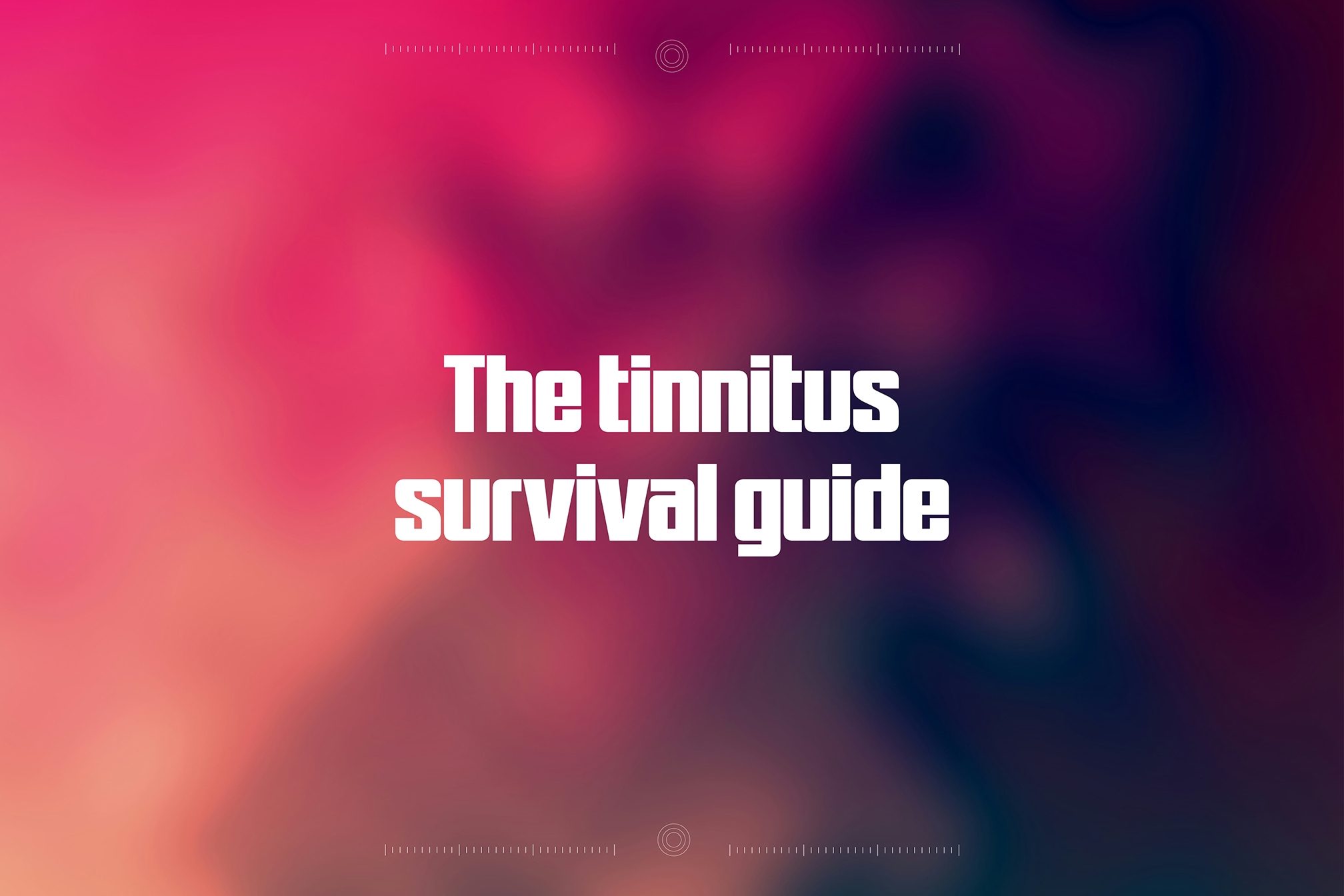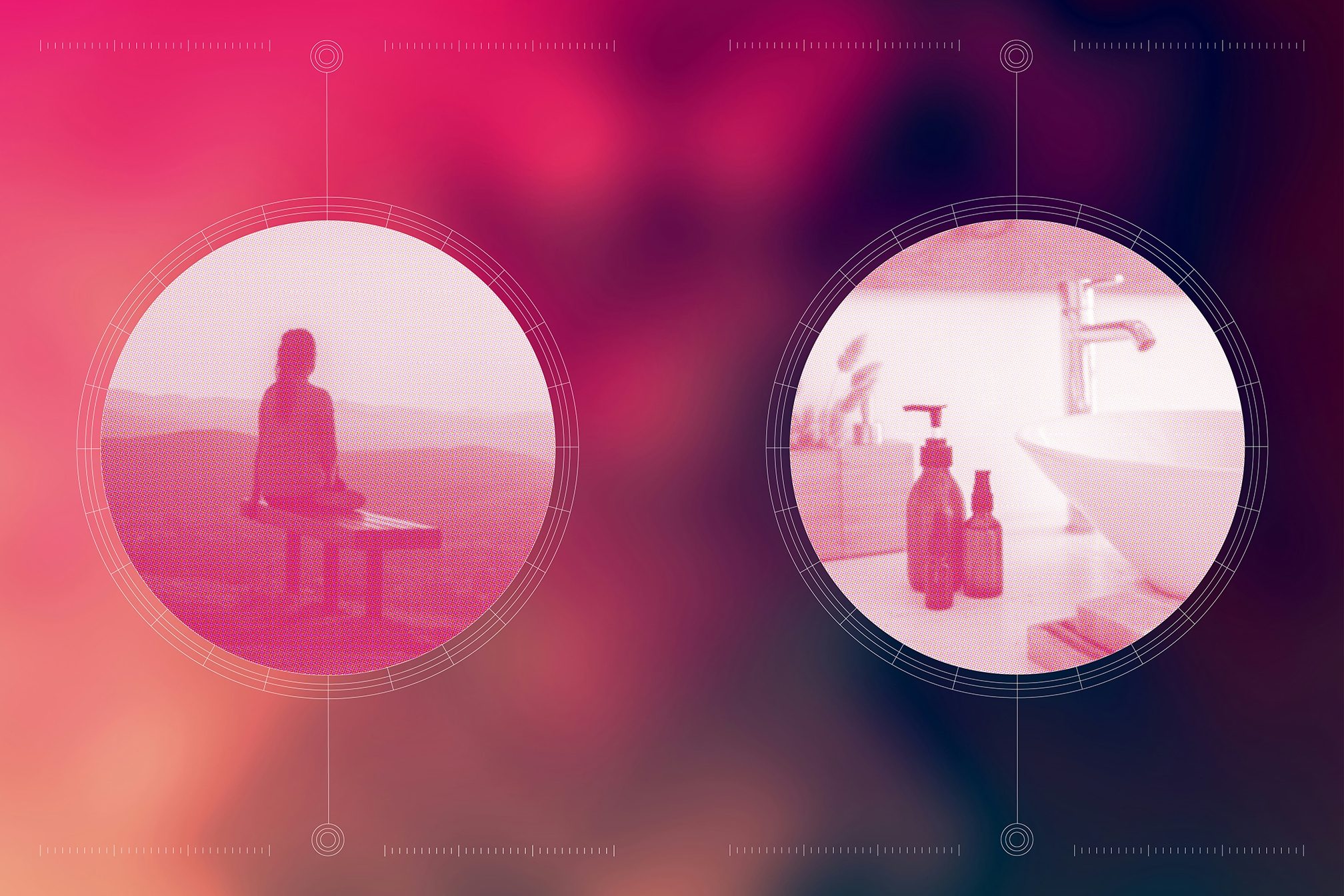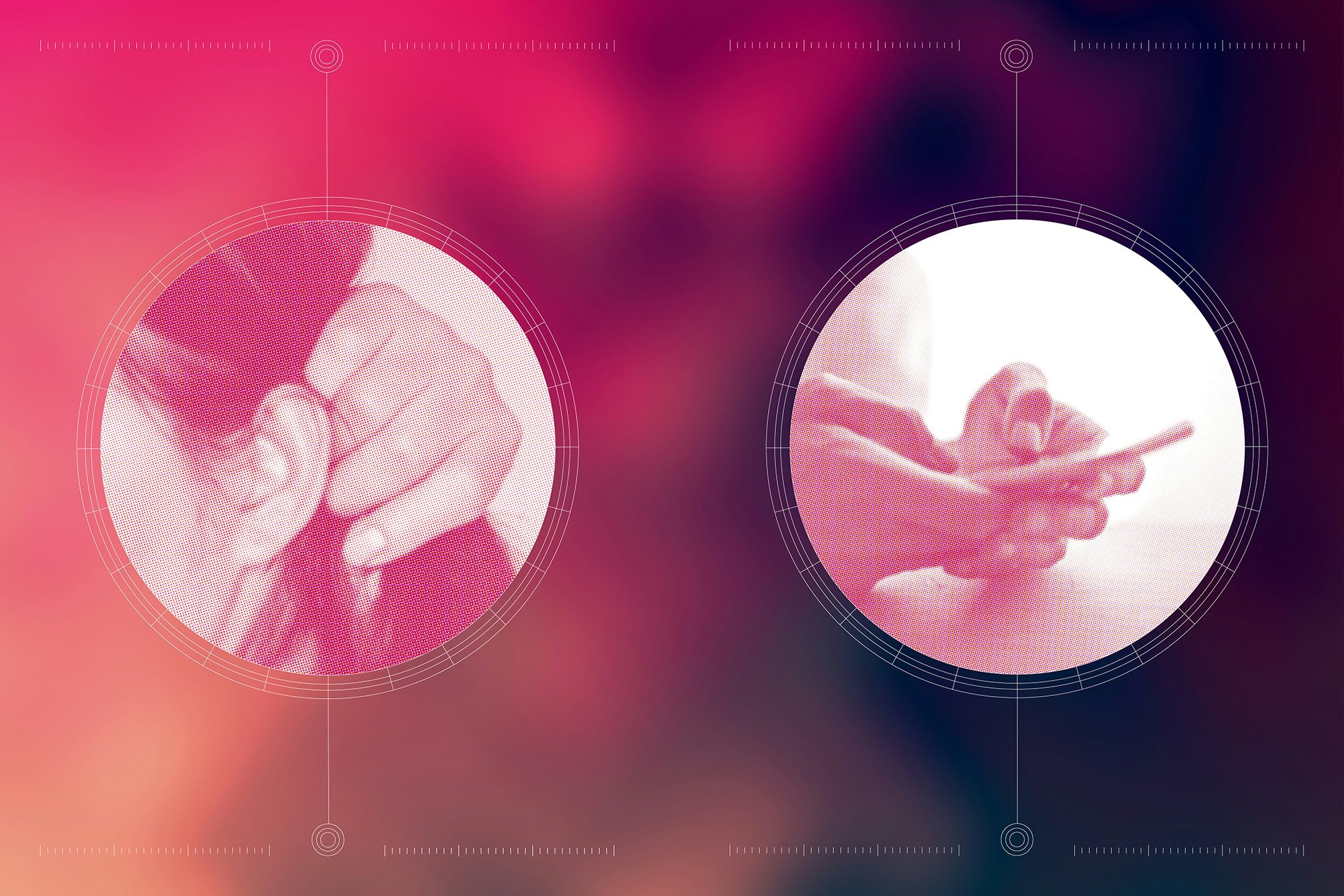 Features
Features
9 ways to make living with tinnitus easier
A list of advice for coping with tinnitus and alleviating its impact on your mental and physical health
Tinnitus Awareness Week 2024 takes place across February 5 - 11. We're joining the campaign with a series of features raising awareness about ear damage and promoting protection. Check out the ongoing series across our website and socials.
It's Tinnitus Awareness Week 2024 and we're determined to help demystify a health condition that's interwoven with the music industry but isn't talked about by our peers and colleagues nearly enough.
Tinnitus is brought on by over exposure to loud music and stress, as well as ear infections and other underlying health conditions. As fans of music and participants in the music industry, we all need to continue to educate ourselves about tinnitus and keep our ears safe from it. After all, we all want a long and happy relationship with music.
Read this next: “My life changed overnight”: Dealing with sudden hearing loss and tinnitus
Tinnitus affects everyone differently and there isn't one formulaic way to deal with it. Because it's such a unique condition, it can be a very lonely experience to go through. After all, no one can see the thing that's buzzing loudly in your head and causing you stress. The first thing you need to know is that you're not alone and that there's a lot of different ways to treat tinnitus, from free apps and meditation through to talking therapies and specialist, state-of-the-art technology.
Here's a list of things you can do straight away to alleviate your tinnitus. It's written by a music industry professional who's had tinnitus for eight years and has gone through it all. But it's probably not conclusive – what did we miss?
Here's to making tinnitus prevention and ear safety a top priority for the music industry.

1 Speak to a professional
If you have noticed tinnitus appear or have been suffering from it but haven’t sought help yet, speak to a professional as soon as possible. Your doctor can refer you for tinnitus therapy and to see an Ear, Nose and Throat specialist who will be able to consult further on your condition. Organisations like Tinnitus UK also have a helpline and information about local support groups. Everyone’s experience of tinnitus is different and you shouldn’t have to suffer alone – the best way to start tackling it is to seek professional advice and understand what’s causing it to happen.
2 Get tinnitus therapy
The most frustrating thing about tinnitus is that it lives in your head rent free. Enrolling on a course of cognitive tinnitus therapy will give you access to a trained specialist who will help you understand your condition, identify trigger points and work through anxiety related to tinnitus. You’ll also develop cognitive tools that’ll help you ignore and quieten the ringing in your ears as well as reframe your relationship with tinnitus into a more positive one. Specialist clinics like The Tinnitus Clinic offer cognitive therapy as a private treatment priced per hour at a similar rate to private counselling, as well as other (much more expensive) therapies aided by cutting-edge technology.
3 Readjust your lifestyle
Caffeine, alcohol and uppers like cocaine all raise your blood pressure, increasing blood flow through the body, including your ears, which can make tinnitus worse. If you’re struggling with tinnitus, you should consider whether taking coffee, alcohol or recreational drugs is triggering it.
Tinnitus can also be caused by stress, so focus on doing things that make you feel calm, like getting a full night’s sleep, going to the gym or on a run or meditating. The more relaxed your mind and body is, the less likely it is that your tinnitus will flare up.
It’s worth noting that anxiety around your tinnitus can snowball: the more you’re worried about it, the more you’ll notice it, so it’s really worth readjusting your lifestyle to avoid making it worse.

4 Meditate
This sounds proper cliché but meditating is one of the easiest ways to calm your mind and you can do it anywhere, anytime for free. If you’re new to meditation, you can learn how to do it via YouTube tutorials or a number of apps (Calm, Headspace etc) and if you’re already meditating then you probably don’t need much more convincing that it’s a good way to ease your tinnitus. Either way, recent research also suggests it’s a good idea.
5 Try sound therapy
Sound therapy has been around since the 1900s and has been developed to use calming sounds or white noise to ease tinnitus by moving your attention away from the ringing in your ears as well as introducing noises that are a similar tone so that you eventually get used to tinnitus (AKA habituation). You can try sound therapy via a number of apps, bedside generators and even wearable devices. This is a really helpful guide.
6 Use an app

7 Explore alternative therapies
Alternative therapies like craniosacral therapy and acupuncture work to calm the mind and body and can help reduce the stress levels that can contribute to tinnitus. Former DJ and Ibiza stalwart Simon Baker quit music to retrain as a craniosacral therapist and tinnitus therapist and is a good contact to have if you’re looking to explore a more holistic approach to dealing with your tinnitus. Sessions are priced similarly to other forms of private therapy or counselling.
8 Wear earplugs
This goes for everyone who enjoys live music and club culture, and especially those with tinnitus. Wear earplugs (there are a range available at different price points but the ACS Pro custom is the industry standard) and take regular breaks when around loud music to conserve your ears. Earplugs with changeable filters are also really helpful for other situations that may be loud and problematic, such as the pub, house parties, the cinema and even the tube. Wearing earplugs will protect your hearing and allow you to feel comfortable in any loud situation.
Use code MIXMAG15 at acscustom.com for 15% off ACS custom-fitted earplugs
9 Try not think about it
If you fixate on your tinnitus, it’s less likely that it’ll go away. Use the tools above to help you feel more confident and relaxed about your tinnitus and it will slowly but surely move to the background of your attention. If you’re suffering from tinnitus, you need to take it seriously. But don’t let it overwhelm you; you’ll soon be able to take control of it and tune it out.
Find out more about Tinnitus Awareness Week 2024 here
Seb Wheeler is a digital strategist, music & digital media writer, DJ and curator. Follow him on Instagram


